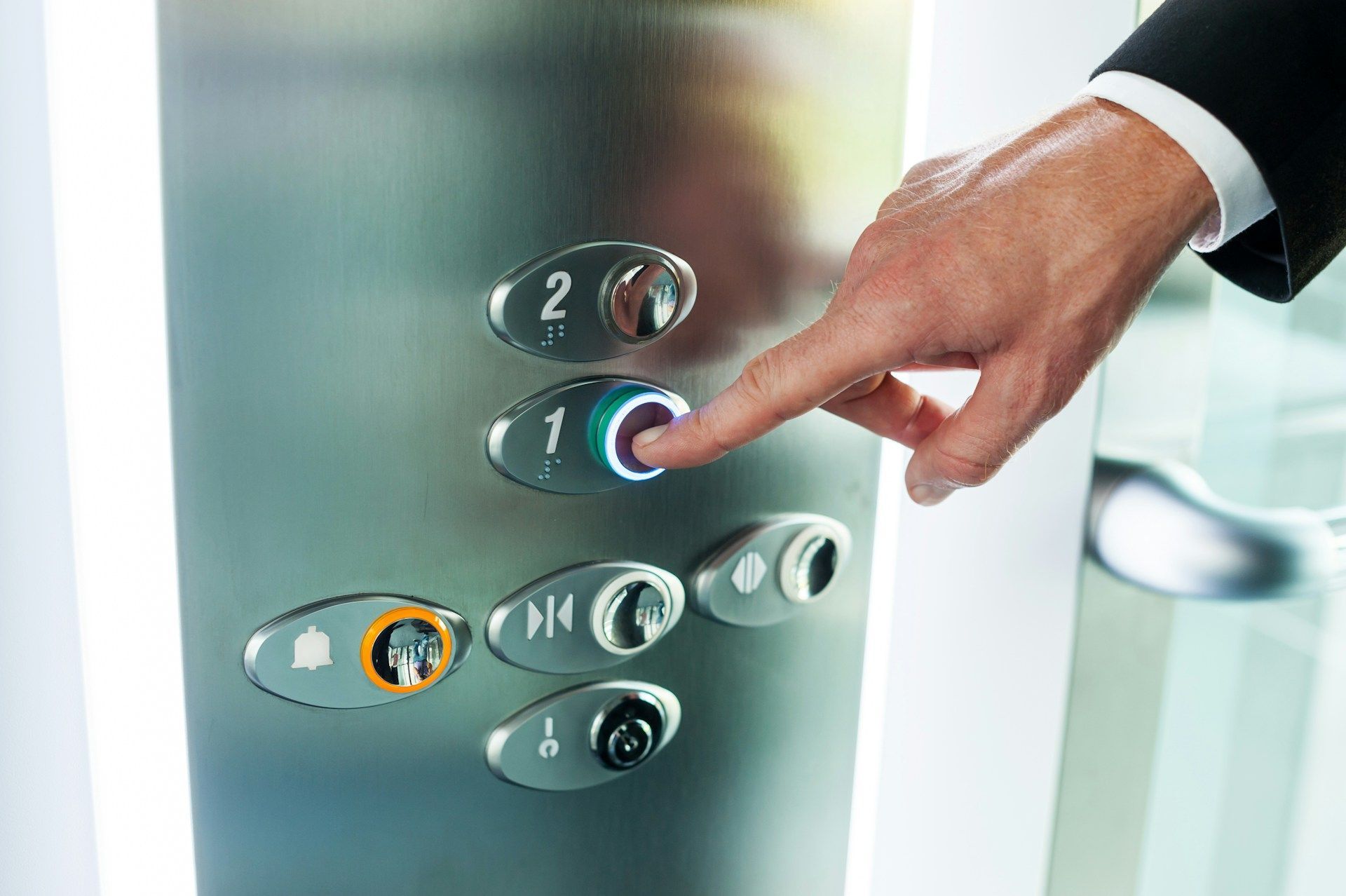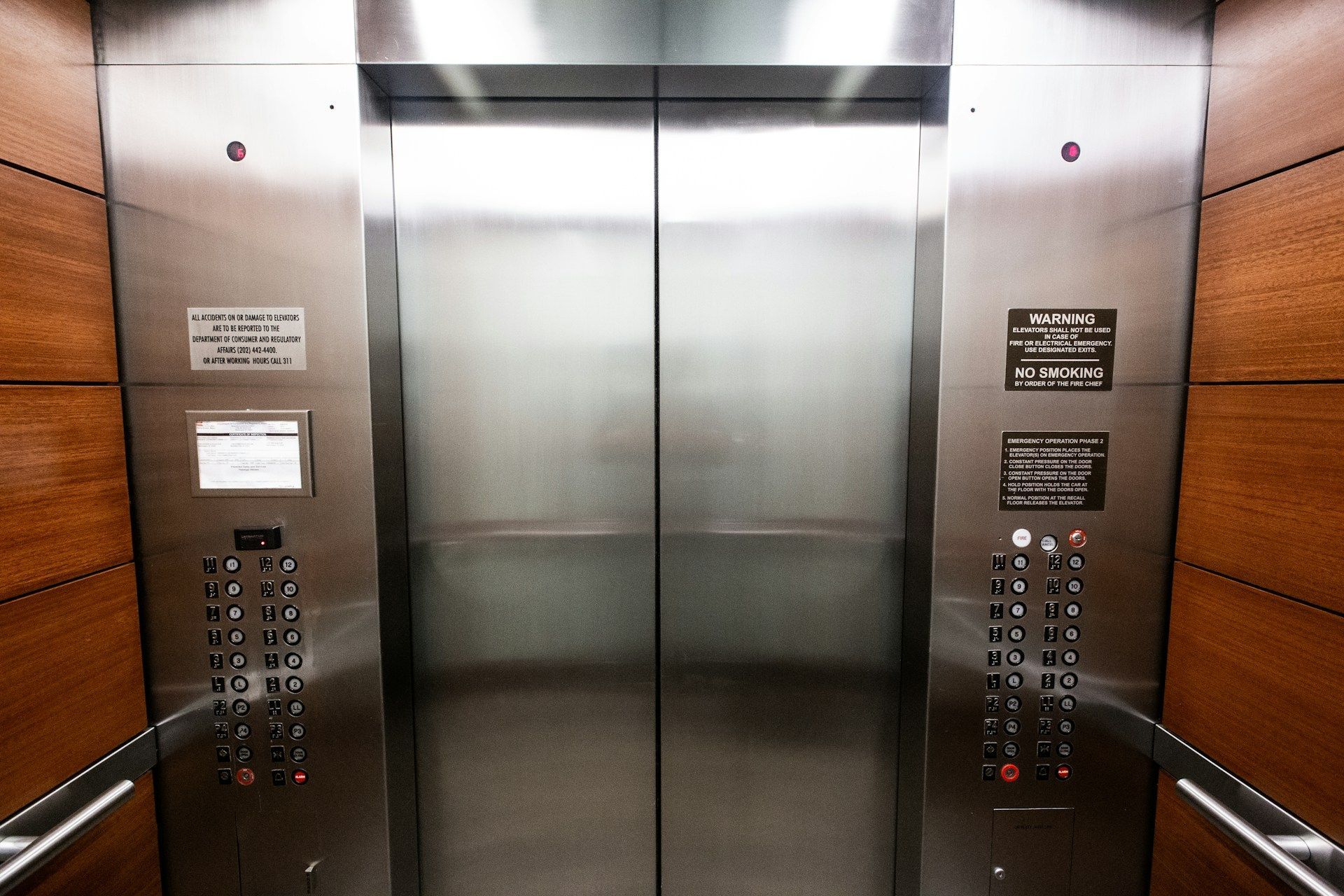Problems That Require Immediate 24-Hour Elevator Assistance
When faced with elevator troubles, quick assistance can be the difference between a minor issue and a major headache. Imagine you're in a building and the elevator suddenly stops between floors. Panic might set in for those inside, and it's clear that waiting until the next business day for help isn't an option. Immediate 24-hour elevator assistance steps in to resolve such urgent problems, ensuring safety and minimizing disruption.
Elevators are complex machines that occasionally encounter issues needing prompt attention. From unexpected mechanical failures to potential safety risks, elevators can be tricky and unpredictable. Responding promptly to these issues isn't just about convenience; it's a matter of security and peace of mind. Let's explore some common elevator issues requiring swift attention, starting with mechanical malfunctions.
Elevator Malfunctions That Need Immediate Attention
Elevator malfunctions can create significant inconvenience and, in some cases, pose safety risks if not dealt with promptly. One common issue involves the mechanical failure of elevator doors. When doors don't open or close properly, it not only disrupts the normal operation but can also become a safety hazard for passengers. These failures often require immediate service to ensure that everyone can move in and out of the elevator without any problems.
Another serious situation is when an elevator stops between floors. This can be quite unsettling for passengers and must be handled with speed and care. The urgency arises because being trapped in an elevator isn't just stressful—it can also lead to heightened anxiety, especially for individuals who might already have a fear of confined spaces.
Mechanical failures generally fall into several categories:
- Door Malfunctions: Doors that remain stuck or fail to close securely need immediate repair to prevent potential injuries or entrapment.
- Unexpected Stops: Situations where an elevator abruptly halts between floors require a quick response to safely free passengers and diagnose the root cause.
- Unresponsive Controls: When buttons or other operational components fail, rendering the elevator unusable, rapid repair ensures restored functionality.
By addressing these types of mechanical issues swiftly, building managers can keep the elevator operating smoothly and maintain a level of comfort and safety for all users.
Safety Hazards Prompting 24-Hour Elevator Service
Some situations go beyond mechanical trouble and delve into true safety concerns, demanding all eyes on a swift intervention. Imagine an elevator that suddenly drops a few inches or jerks unexpectedly while in motion. Not only does this create fear among passengers, but it can also result in physical harm if addressed too late. These sudden movements indicate deeper mechanical or electrical issues requiring immediate expertise.
Electrical malfunctions can also pose a critical safety threat. Problems such as inconsistent lighting or control failures may seem minor at first but can lead to severe complications if neglected. Ensuring that electrical systems are in proper working order prevents potential accidents and enhances passenger safety.
Responding promptly to safety hazards means:
- Detecting Sudden Drops: These can signal severe mechanical trouble and must be repaired without delay.
- Managing Electrical Failures: Unstable lighting or controls need to be fixed rapidly to prevent them from escalating into greater problems.
- Addressing Unusual Noises: Unfamiliar sounds can be early indicators of issues, prompting the need for immediate inspection before they worsen.
By treating these safety hazards with immediacy and care, building managers safeguard the well-being of elevator users and preserve the integrity of the building's infrastructure. Handling these situations effectively also keeps tenant trust intact and reduces the likelihood of future complications.
Inconveniences and Accessibility Issues
When an elevator malfunctions, it can create significant inconveniences for people who rely on it for their daily activities. One of the biggest concerns is how it affects accessibility, especially for wheelchair users and others who may have mobility challenges. An out-of-service elevator can essentially trap someone in a specific floor range, drastically limiting their movement and access.
It's not just about inconvenience; it can also impact the overall satisfaction of tenants or guests. An unreliable elevator causes frustration, and if it becomes a frequent problem, it can affect how people perceive the building's management and maintenance. Suppose in an office environment; employees might find themselves delayed or stressed due to an unexpected elevator issue, which can influence their productivity and overall workday experience.
Common ways breakdowns affect users:
- Mobility Challenges: People with disabilities may find themselves stranded if an elevator is non-functional.
- Tenant Frustration: Constant issues can lead to dissatisfaction, impacting how residents or guests view their living or visiting space.
- Operational Disruptions: In a business setting, faulty elevators can lead to delays and dissatisfaction at crucial moments, affecting workflow.
Ensuring elevators are quickly repaired is not only a matter of convenience but also ensures that everyone has equal access and satisfaction with their environment.
How to Identify When Professional Help is Needed
Recognizing the signs of potential elevator troubles can prevent small problems from becoming significant headaches. It's important to be attentive to unusual noises or erratic movements. These can be early indicators of something much larger at play within the mechanical or electrical systems.
If an elevator makes a sudden thud or jerks unexpectedly, it’s a sign to get professional help immediately. Typically, these are signs of underlying issues that must be addressed before they worsen. Sometimes controls may become unresponsive or the elevator may not align perfectly with the floor, causing a tripping hazard. These are clear signals that a professional should be called for an inspection and repair.
Signs professional assistance is needed:
- Strange Noises: Uncommon sounds may signal mechanical problems that require immediate attention.
- Jittery Operation: Erratic movements or shaking indicate a deeper issue.
- Unresponsive Controls: If buttons or operational panels aren’t functioning properly, it’s time to bring in the pros.
Calling in experts at the right time helps to avoid further damage, ensuring the elevator runs smoothly and safely.
Trust the Experts for 24-Hour Elevator Service
Having quick access to 24-hour elevator service is invaluable, ensuring that any issues are addressed promptly. This proactive approach helps maintain safety and comfort for everyone using the elevators. Timely intervention by professionals not only resolves existing problems but also helps prevent future incidents by identifying potential risks early on.
Elevators are an integral part of daily life in buildings, and keeping them running efficiently is vital for accessibility and safety. Recognizing when to seek professional help ensures a quick response to problems, maintaining the trust and satisfaction of those who rely on these essential services. For residents and building managers alike, peace of mind comes from knowing that elevator issues won't spoil daily routines or comfort.
Whenever you're facing an elevator situation that requires immediate attention, remember that timely intervention is key. It ensures safety and smooth operation in your building. For reliable and fast support, turn to professionals who understand the urgency of these challenges. Reach out to Elevator Solutions Inc. for a dependable
24-hour elevator service in Kentucky and Indiana. We’re committed to solving your elevator issues promptly.



